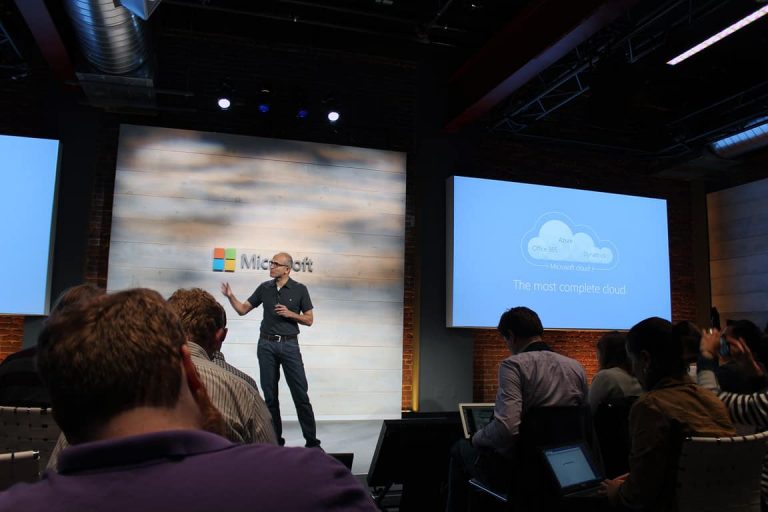Microsoft has just made its Azure Container Service – the in-house container scheduling and orchestration service for Azure cloud -generally available, two months after its public preview, reports Techcrunch.
Azure Container Service was first announced in autumn 2015, and went into public preview in February this year. The service supports both Mesosphere’s DC/OS (short for Data Center Operating System) and Docker’s Swarm and Compose to deploy and orchestrate containers – both of which are open-sourced. Users looking for deployment support still need to go directly to Mesosphere or Docker, however. TechCrunch was also able to catch up with Microsoft CTO for Azure Mark Russinovich, who comments on the open-source support, as well as providing choices for customers, being the chief competitive advantages of Azure Container Service
“It’s our job to make sure our customers can use either one or both on our cloud and have a great experience.”
In Mesosphere’s case, the company has had a rather cordial relationship with Redmond. Its DC/OS can run on Azure, support is coming soon to Windows and Hyper-V containers, and Microsoft almost bought the company (it had to settle with a strategic investment, however.) With some big customers including Twitter, Yelp, Netflix, and even Apple’s Siri backend, its easy to see the strategic importance of DC/OS support for Azure, and Microsoft’s motivation of interest in Mesosphere.
Google’s Kubernetes also gets a mention, or rather, Azure Container Service’s lack of support for it. The possibility is still open, depending on customer request, according to Russinovich; sure enough, ith companies reportedly adopting containerization en masse in software development, Azure Container Service needs to continually develop to match customer needs. Technologies like these will be the future of enterprise’s server structure, and support for popular options like Mesosphere and Docker, while a great move, is only the beginning.


